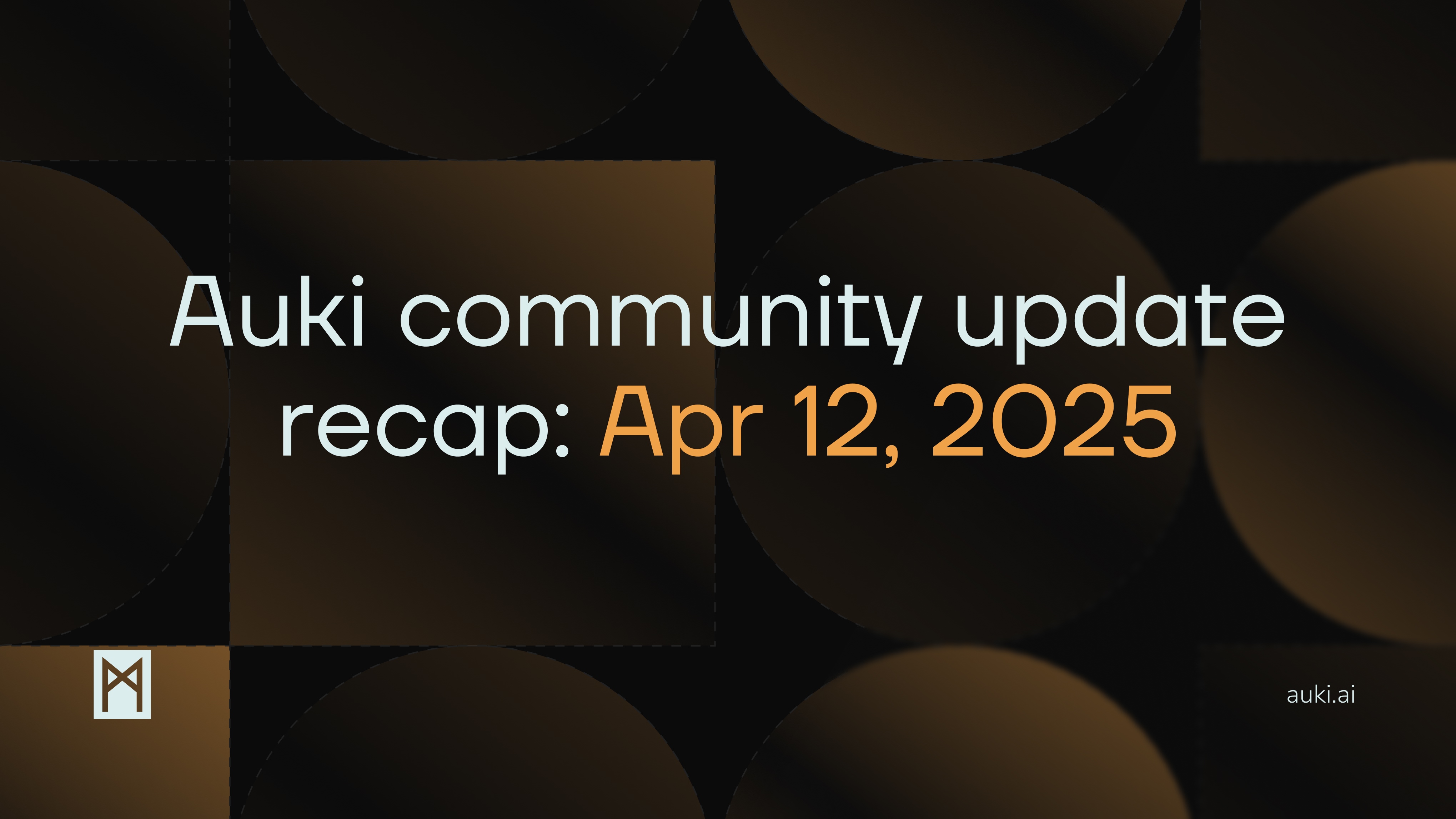
This week, Terri, Auki’s humanoid robot, achieved several notable milestones. He appeared on stage with Ethereum's Vitalik Buterin and participated in his first-ever on-camera interview at the Web3 Festival. Excitingly, Terri also spoke using the synthesized voice of renowned visionary Terence McKenna, reflecting Auki’s ambitious vision of integrating an immortal AI presence into its network governance.
Auki spotlighted its partnership with Axar Robotics, a startup developing AI-driven companion toys. Axar Robotics' innovative solution involves storing the personality and memories of AI companions as encrypted NFTs on-chain. This ensures personal memories and interactions can be securely transferred across different robot bodies as the user matures or as technology advances.
Axar Robotics and Auki are tackling the critical challenge of COPPA and GDPR compliance by enabling hyperlocal computing. This means that parents could host age-appropriate conversational AI on their home devices, securely managing sensitive data locally and privately. The approach significantly enhances user privacy while improving AI responsiveness by utilizing local computing resources.
Axar Robotics is set to launch its first-generation teddy bear AI companion via Kickstarter shortly. Meanwhile, further integrations are underway with Padbot’s T2 and Unitree's G1 humanoid robot. This expands the range of available robot bodies for Axar's AI companions, enhancing accessibility and appeal across age groups.
Auki showcased successful navigation tests where robots and AR applications seamlessly utilized shared navigation systems via the Auki network. These developments pave the way for practical applications, such as autonomous delivery and office logistics solutions, making it easier and faster for businesses and consumers alike to integrate robotics into daily operations.
The update concluded with an enthusiastic invitation for community engagement and anticipation of further innovations in decentralized physical AI and spatial computing.
Auki is making the physical world accessible to AI by building the real world web: away for robots and digital devices like smart glasses and phones to browse, navigate, and search physical locations.
70% of the world economy is still tied to physical locations and labor, so making the physical world accessible to AI represents a 3X increase in the TAM of AI in general. Auki's goal is to become the decentralized nervous system of AI in the physical world, providing collaborative spatial reasoning for the next 100bn devices on Earth and beyond.
X | Discord | LinkedIn | YouTube | Whitepaper | aukilabs.com